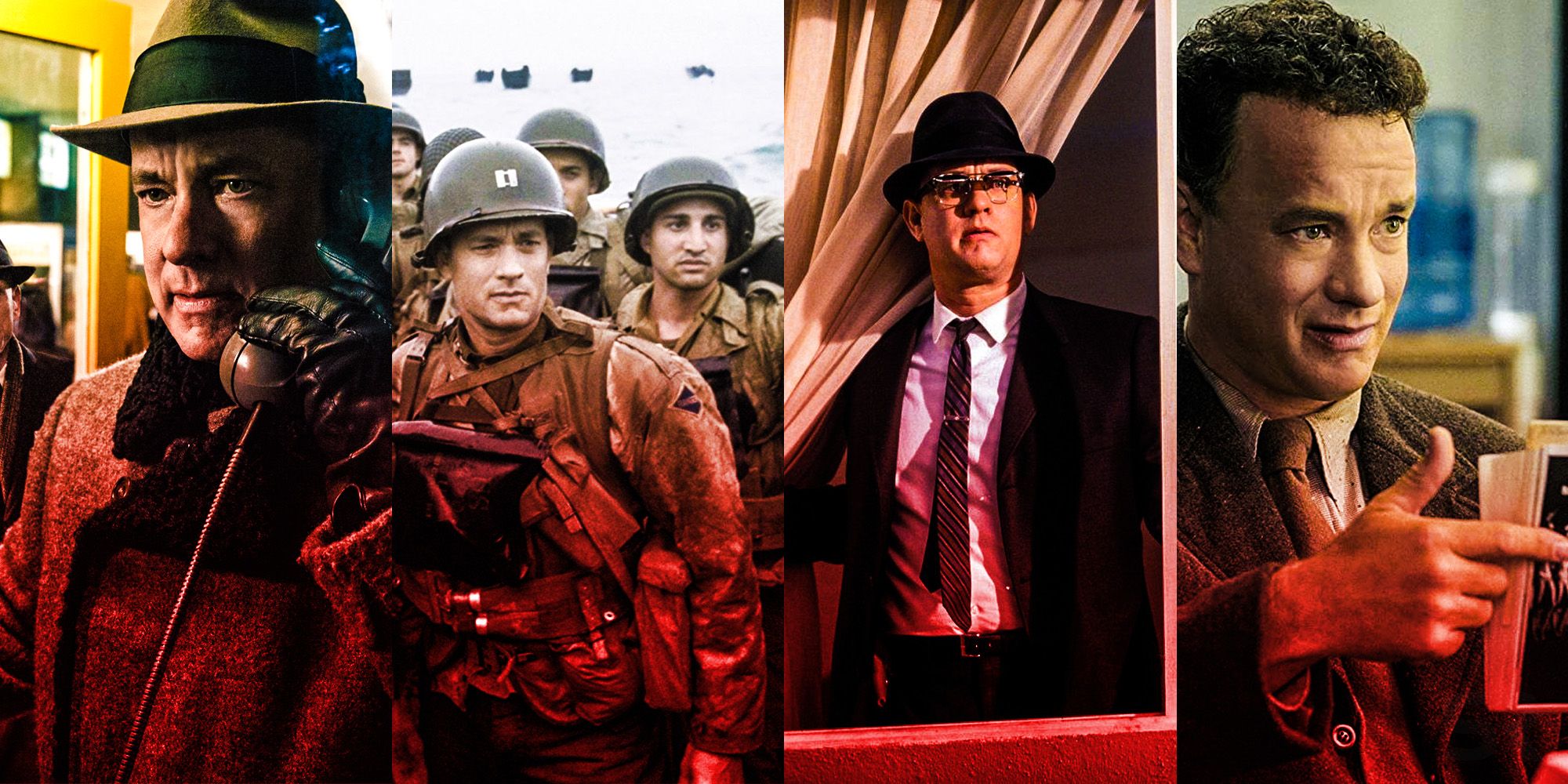
Tom Hanks and Steven Spielberg represent one of Hollywood's most inimitable creative dream teams, but how do their films rank from worst to best? Martin Scorsese has Robert De Niro and Leonardo DiCaprio, John Ford had John Wayne. However, starting in 1998 a collaboration began between one of Hollywood's biggest directors and one of its biggest stars that continues to this day.
Hanks and Spielberg both began their careers with more crowd-pleasing genre fare. Hanks' film breakout came with 1984's Splash, Spielberg's with 1975's Jaws. While Hanks was proving a reliable presence in various studio comedies, Spielberg was breaking the mold of the blockbuster with smash successes like E.T. The Extra-Terrestrial and Raiders of the Lost Ark. Interestingly enough, both achieved perceived artistic legitimacy around the same time, with the director's 1992 Oscar win for Schindler's List and the movie star's back-to-back Best Actor wins in 1994 and 1995 for Philadelphia and Forrest Gump. Not long after, the pair joined forces for one of the masterpieces of the war genre, Saving Private Ryan.
From that collaboration onward, the two have been a near-inseparable force. When a Spielberg and Hanks vehicle is announced, it's almost guaranteed to be high quality, that rare piece of work that audiences, critics, and awards bodies can all get behind. Here are their collaborations thus far, ranked.
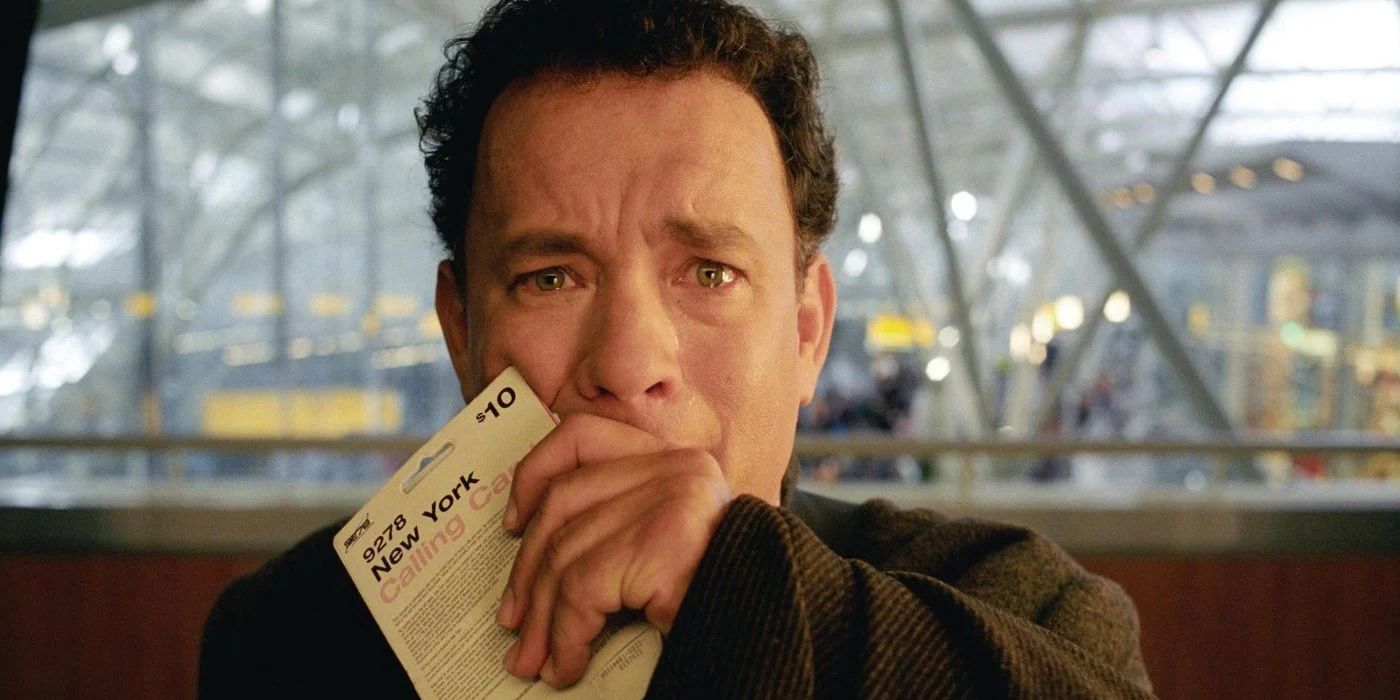
Not only is this 2004 schmaltz-fest the most forgettable collaboration between Spielberg and Hanks, but it ranks as one of the lesser efforts in their individual filmographies as well (though still quite good in comparison to a number of other films). Steven Spielberg's Frank Capra-esque impulses are laid on too thick in this "inspired by a true story" tale of an Eastern European man forced through bureaucracy to live at New York's JFK airport for nearly a year. Subtlety is not the name of the game here, from its director's choice to frame everything in the most sentimental way possible, to its star's broad, verging-on-ridiculous accent. Despite Hanks' innate likability (he's working his Forrest Gump innocence to the back row here), one can't help but feel that he's miscast. That said, there's plenty of skill on display, however workmanlike. Spielberg transforms the ecosystem of JFK Airport into a charming playground, complete with loads of kind-hearted janitors, food court employees, baggage handlers, and an angelic flight attendant played by Catherine Zeta-Jones, all of whom make life in the terminal bearable. Though the whimsy verges often on overkill, this is still nonetheless a pleasant enough diversion directed by one of the greatest American filmmakers and starring one of Hollywood's most bankable actors.
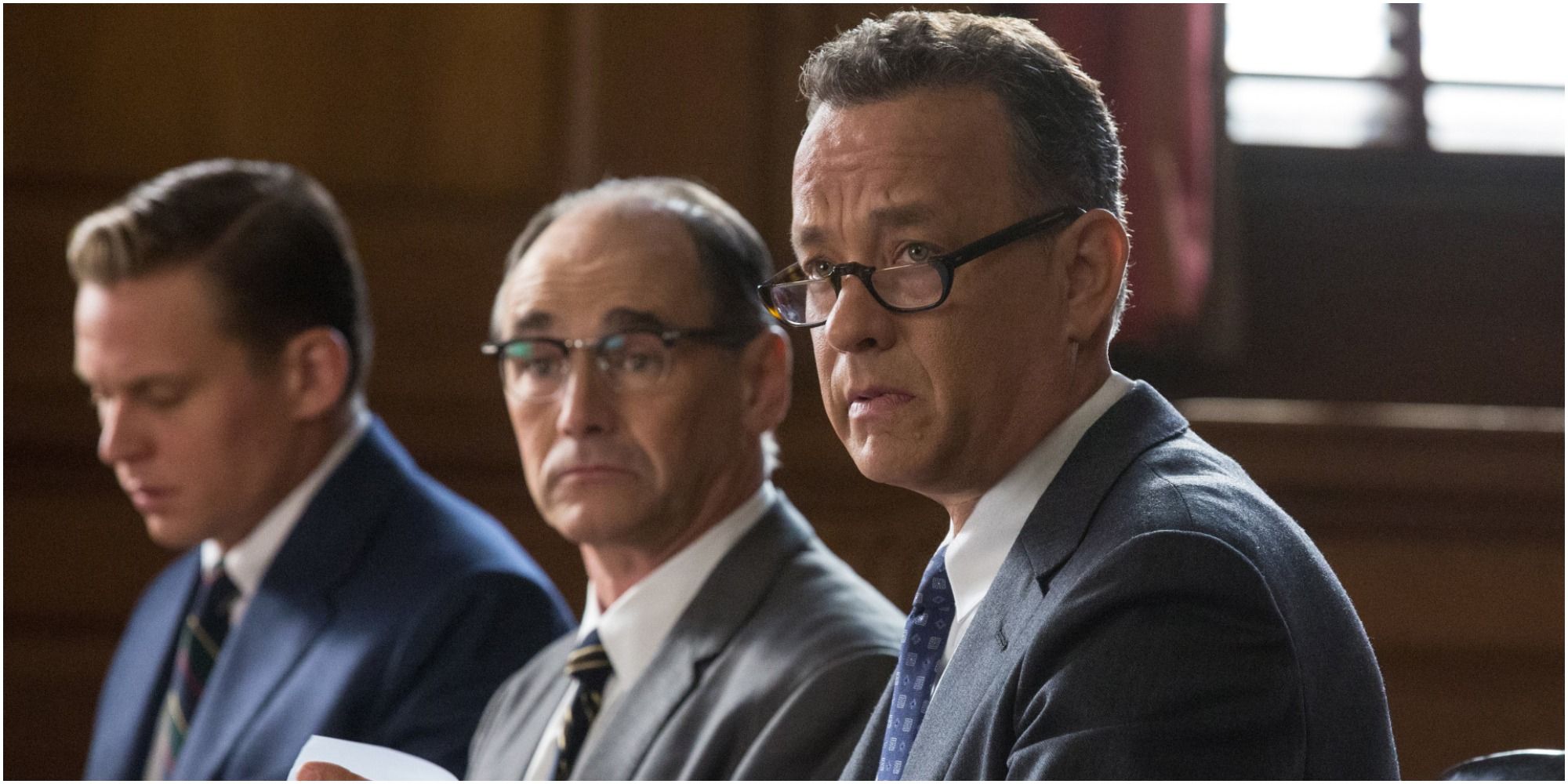
Spielberg's 21st-century output has largely been occupied by muted tales of American exceptionalism, far from the swashbuckling idealism and boyish wonder of his earlier films. Hanks has been along for the ride in several of these outings, the Jimmy Stewart to Spielberg's Frank Capra, but perhaps never more than in this 2015 Cold War drama. Here, he plays James B. Donovan, the American insurance lawyer hellbent on giving Russian spy Rudolf Abel (Mark Rylance) his fair day in court. It'd be easy to write this one off as old-fashioned Oscar-bait, dripping easy patriotism at every turn. However, the truth is there's something more interesting and darker at play here, with Bridge of Spies' shadowy cinematography, spectacular plane crash centerpiece, and jaunty, agitated Thomas Newman score. It's true that the film can feel rote in many of the scenes involving Donovan's personal life, where his wife and boss prove resistant to his bleeding-heart insistence that "everybody deserves a defense" and "every person matters." Nonetheless, Hanks is magnificent, a beacon of integrity and decency on film that sets off sparks whenever he shares the screen with Rylance, who won an Oscar for his gentle, captivating, and soulful performance.
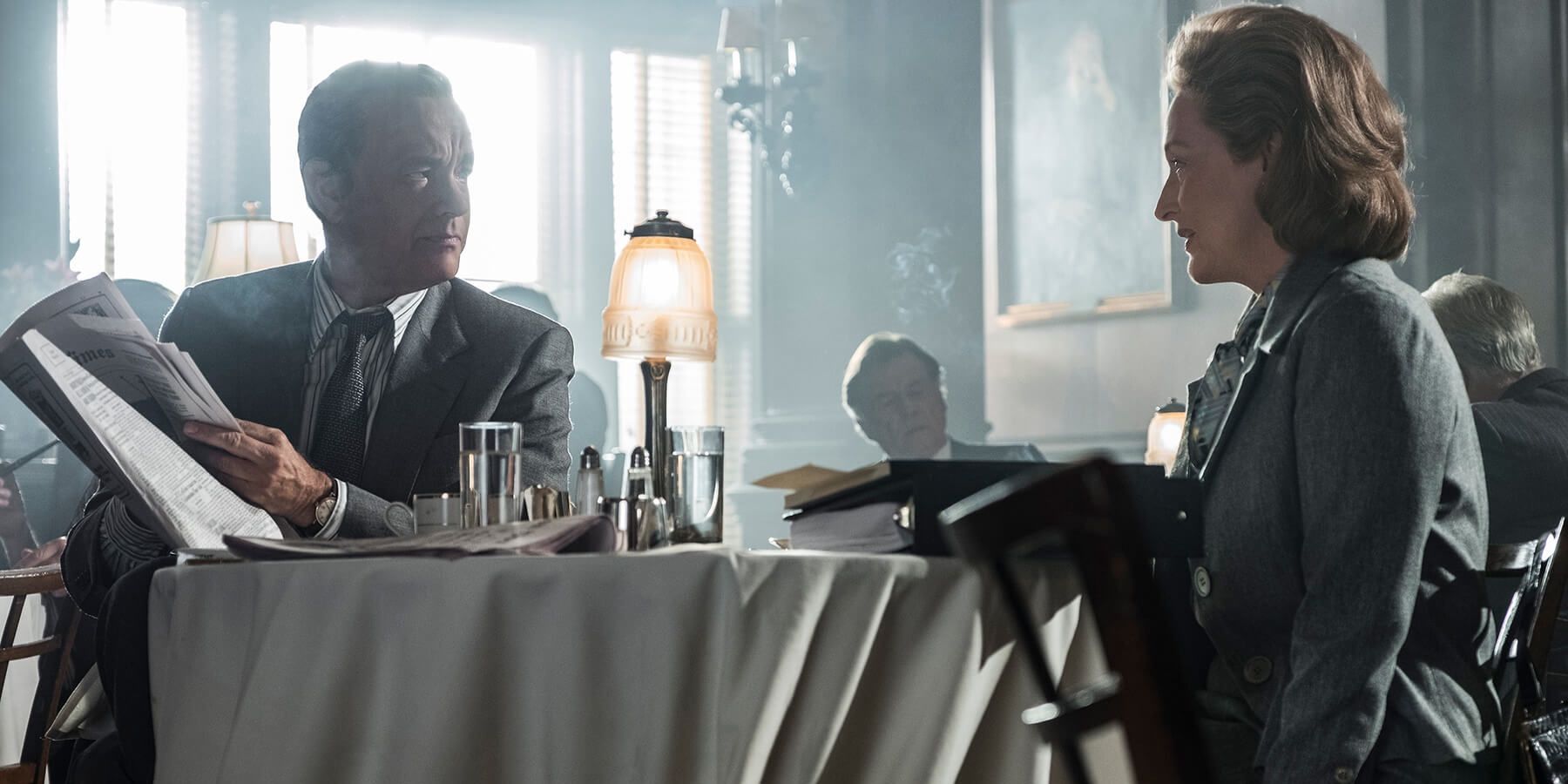
It's hard to believe that Tom Hanks and Meryl Streep had never gone toe-to-toe onscreen before The Post, nor that their fiery collaboration here left its awards season with a mere two Academy Award nominations and zero wins. As with most of Spielberg's late-career output, it would be easy to dismiss The Post as a bit of dry prestige. However, this fleet and flinty drama about the Washington Post's decision to publish the Pentagon Papers is breathlessly alive in every frame, bursting with a kind of urgency that marries the weight of Spielberg's prestige fare with the youthful vitality of a Raiders of the Lost Ark or E.T. The entire cast is stellar, with incredible turns from everyone from Sarah Paulson to Bob Odenkirk, Jesse Plemons to Matthew Rhys, but the pure star power of Hanks and Streep onscreen together can't be understated. Streep got the Oscar nomination, and she's wonderful as Katharine Graham, but Hanks is a pure delight as the Post's executive editor Ben Bradlee. In one of his best performances in years, he's unafraid to roll up his sleeves and play things a bit gruffer, performing this nicotine-breathed newshound with supreme gusto.
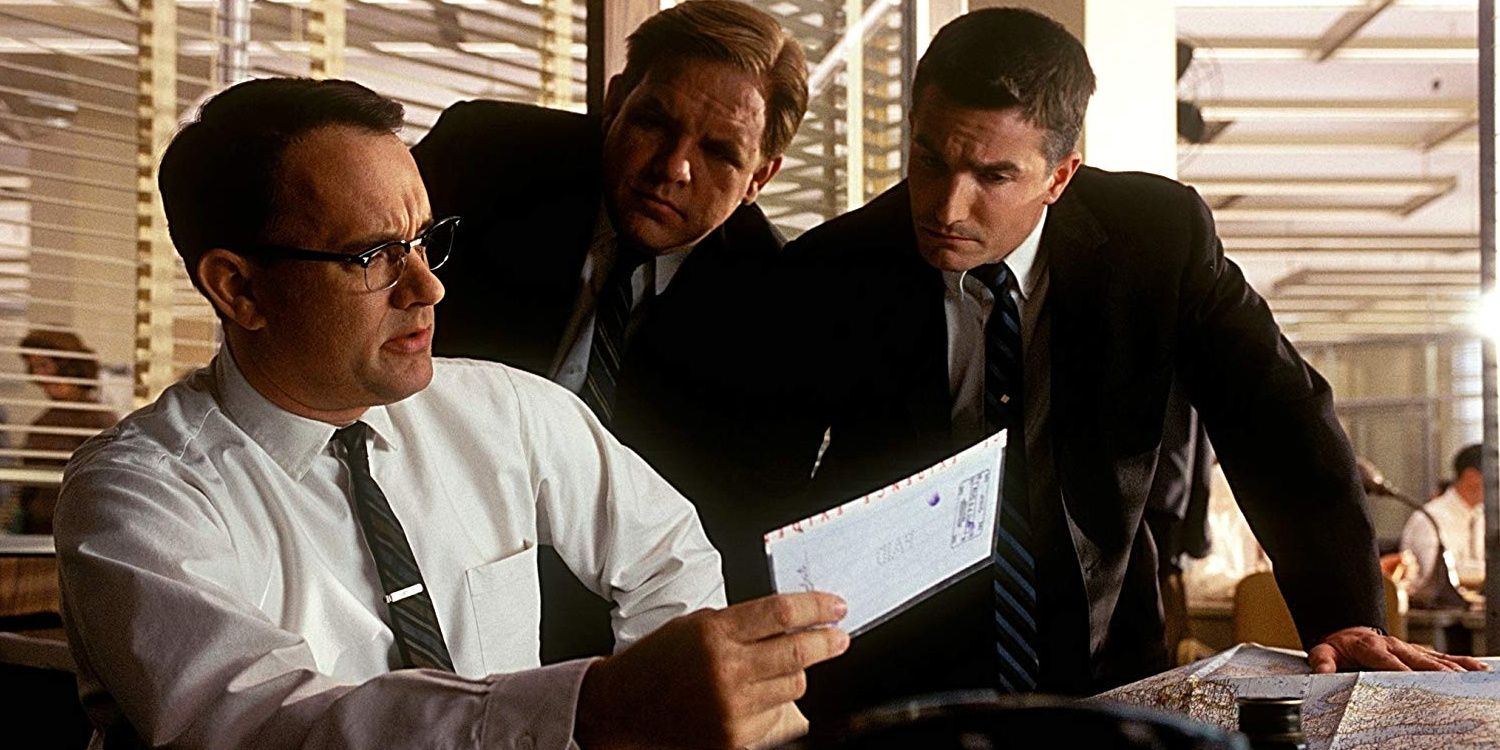
With his evergreen A-list movie star status, it can be easy to forget Tom Hanks is, at his core, one of America's greatest character actors. As FBI agent Carl Hanratty, the square authority figure relentlessly pursuing Leonardo DiCaprio's con artist, Hanks gets to shed leading man status with potent results. Dogged resolve and befuddled exasperation at a consistently unsuccessful cat-and-mouse chase quietly give way to paternal pathos and begrudging respect. Leo and Christopher Walken got the lion's share of acclaim for this, but Hanks is no slouch. The film as a whole is one of Spielberg's more surprisingly sophisticated works. Often framed as a bit of a lark, there's an undercurrent of melancholy that might surprise viewers upon rewatch; this is essentially the story of a scared little boy who flies off on adventures to protect himself from the cold hard facts of life. In this way, it's a more effective take on Peter Pan than Spielberg's own Hook, with Leo giving a fresh spin on The Boy Who Wouldn't Grow Up.
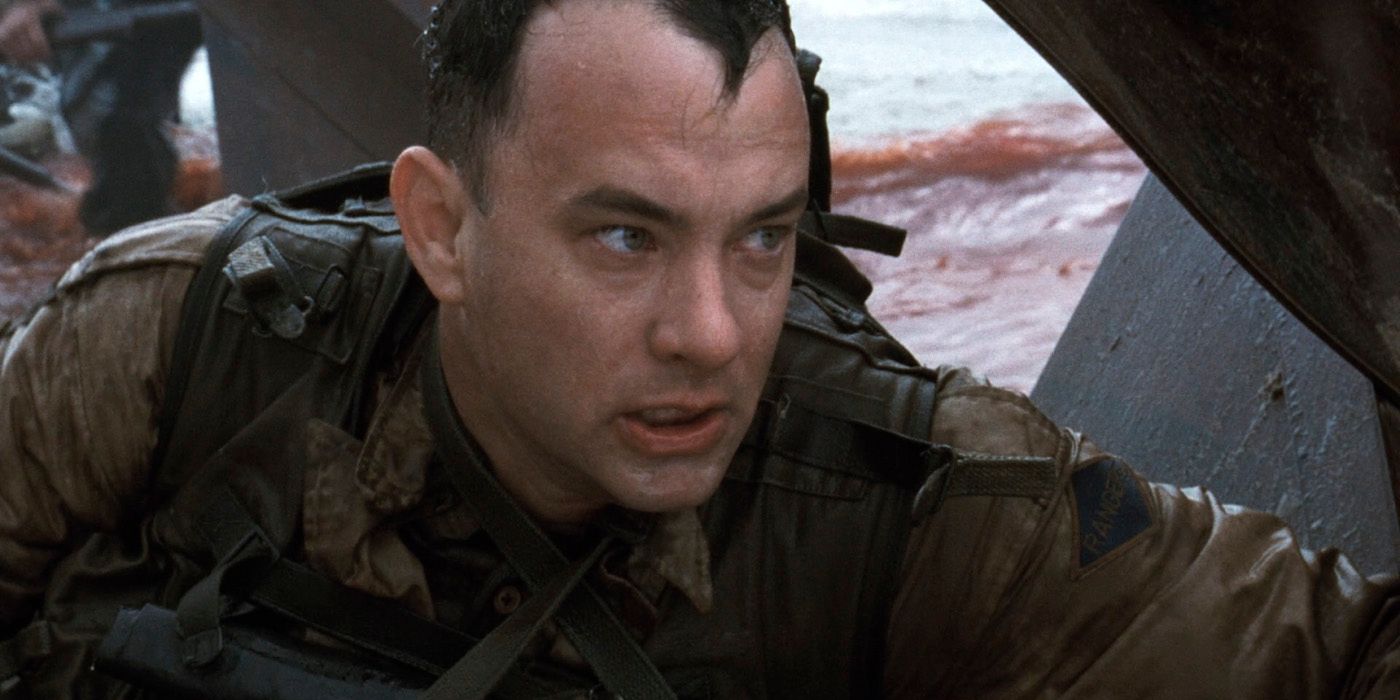
This 1998 war epic earned Spielberg his second Best Director Oscar, even despite famously losing Best Picture in an upset to Shakespeare in Love. The "whisper campaign" at the time was that the film boasted a spectacular opening half-hour, most of that being occupied by Saving Private Ryan's hauntingly immersive recreation of D-Day, but that the rest of the film wasn't anything special. In truth, that's an unfair assessment, and most of the film's success is inextricably linked to Hanks' performance as Captain Miller. It's his cutaways in the Omaha Beach sequence that ground the spectacle in humanity. The shock and horror at the sudden brutality of the scene is etched powerfully across Hanks' face, grounding the Spielbergian sentiment of the rest of the film's plot. When Spielberg gets too soft, Hanks stays hard and determined, the captain any soldier would follow but one also determined to not repeat the bloodshed of the film's opening. It's a shattering performance from start to finish and a testament to the push-and-pull collaboration of these two A-list artists. Spielberg's filmography is a constant tightrope act, balancing spectacle and schmaltz with humanity and truth while Hanks represents Hollywood's most reliable everyman. With Saving Private Ryan, Tom Hanks and Steven Spielberg reached the peak of their collective powers.
from ScreenRant - Feed https://ift.tt/3hBfTwk
via IFTTT








0 comments:
Post a Comment